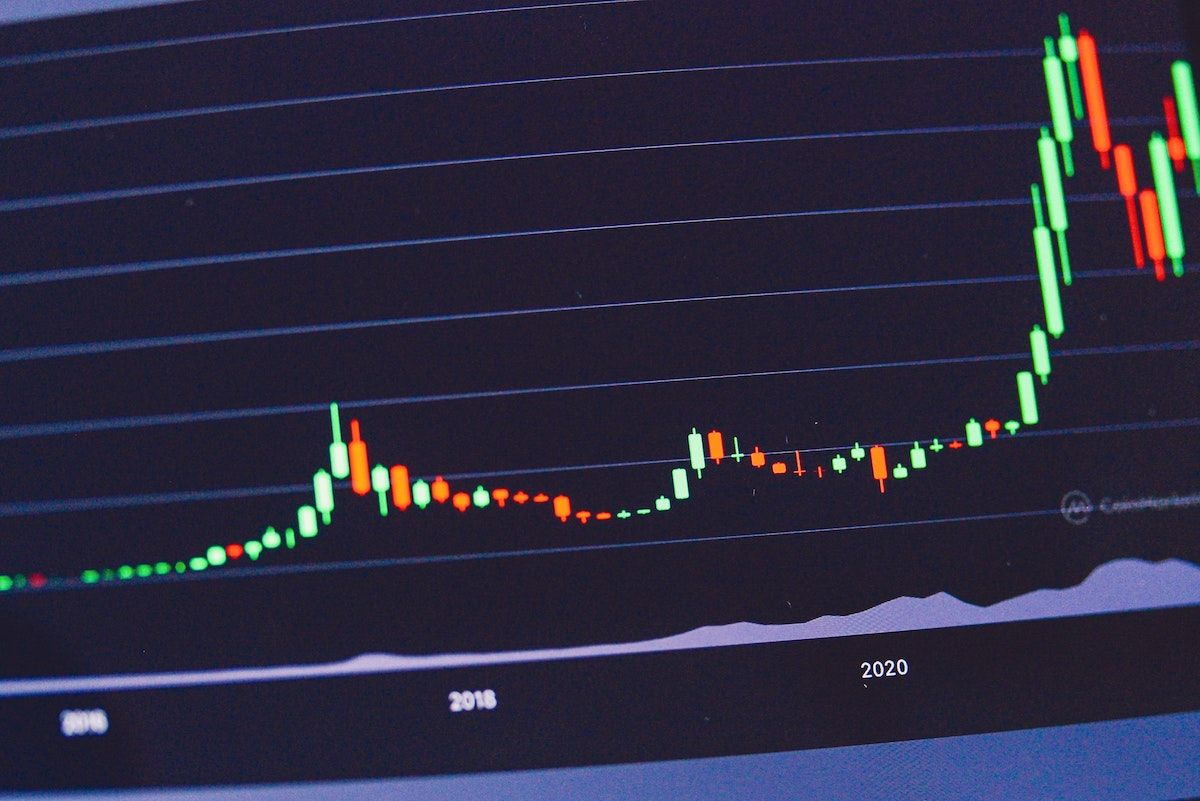The Challenges and Future of DePIN in Blockchain Technology

Decentralized Physical Infrastructure Network (DePIN) is emerging as a significant narrative in the blockchain space, often described as the “Internet of Things (IoT) with a blockchain twist.” These projects aim to connect and manage physical devices, such as energy grids and wireless networks, which generate vast amounts of data. However, the current blockchain infrastructure struggles to keep pace with the demands of DePIN applications. For instance, Helium, a notable DePIN project, transitioned from its own blockchain to Solana in April 2023, yet even Solana’s high throughput capabilities are insufficient for real-time computations required by many DePIN projects.
The reliance on offchain computation is a common theme among DePIN projects. As Shuyao Kong, co-founder of MegaETH, points out, existing DePIN applications are not fully onchain due to inefficiencies and costs. While some projects may use blockchain as a marketing strategy, the reality is that they often utilize a hybrid approach, processing computations offchain and recording results onchain. This is particularly critical for executor devices, which require immediate responses, unlike sensors that can tolerate some latency. The use of blockchain in DePIN primarily serves to coordinate activities among numerous devices in a trustless manner, adding a financial incentive layer through token rewards for contributors.
Looking ahead, the future of DePIN projects will likely involve a balance between onchain and offchain processes. Current blockchain architectures are not equipped to handle the real-time demands of DePIN applications fully. However, as scalability improves, we may see an increase in onchain functionalities. Experts suggest that future DePIN projects will evolve towards modular architectures tailored for specific computational needs, such as real-time processing or large-scale data storage. This evolution is essential for the successful integration of blockchain technology into the DePIN ecosystem, ensuring that it meets the diverse requirements of various applications.
Related News





